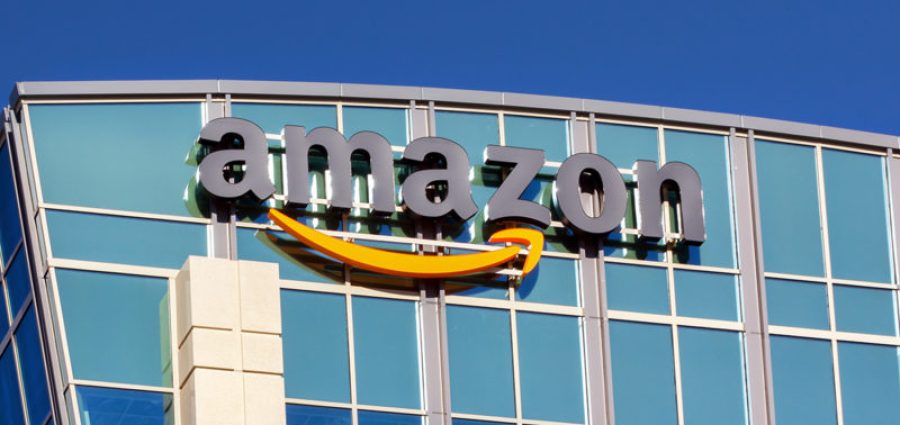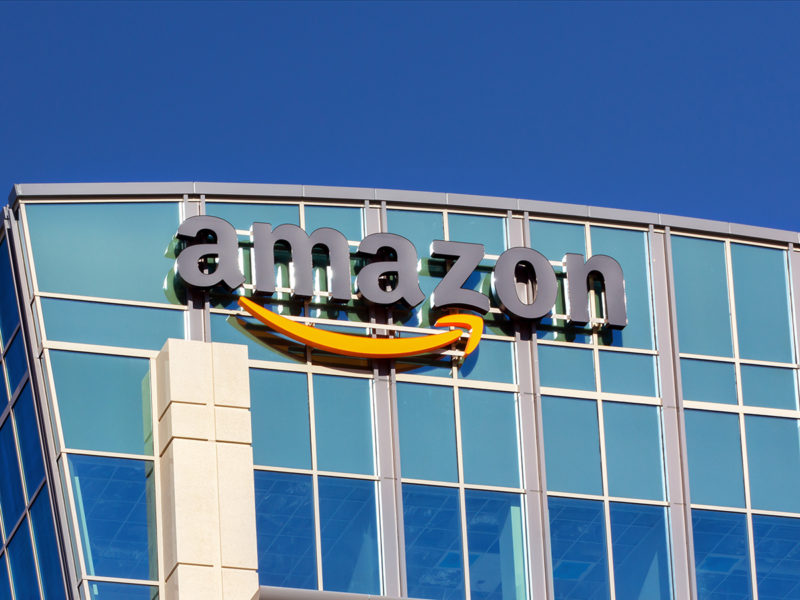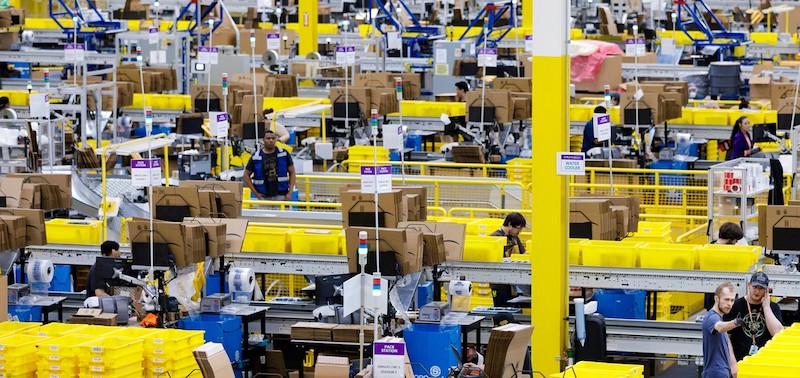FedEx recently announced it won’t renew a ground delivery deal with Amazon to provide small package deliveries. This follows a previous decision not to renew a contract for air transportation by FedEx of Amazon packages.
Why? Pretty simple. FedEx decided it didn’t want to continue doing business with a competitor.
FedEx’s ground service provided last-mile deliveries between Amazon warehouses and its customers. But Amazon has been growing its own delivery business. Investing in airplanes — Amazon Air is on track to have a fleet of 70 planes by 2021, according to the company — and its own vehicles (either owned or locally contracted). Amazon also works with UPS and the USPS.
Essentially, it seems that FedEx decided doing business with Amazon wasn’t a good business decision. Consider:
- The Amazon contract represented about 1.3% of FedEx’s total revenue (about $850 million — FedEx revenue was $65.5 billion in 2018);
- Knowing “contracts” are negotiated pricing, we can assume that the rate, and profitability, were discounted;
- Amazon has aggressively become more of a transportation competitor;
- Amazon favored FedEx competitors with higher volume levels;
- FedEx is seeking to broaden its business and serve a broader e-commerce market (i.e. Walmart and others).
So, as probably the No. 3 player (after USPS, UPS and its in-house group … and not necessarily in that order), FedEx said to itself, “Why enable a competitor?” and, “Why not sell to their competitors who could be more profitable to us andare not focused on competing with us?”
Distributor Considerations
FedEx’s decision highlights some thoughts for distributors:
- If an account is a small percent of sales andrepresents low margins andmay not be profitable on a net basis, should you consider continuing to do business with it?
- Should you do business with a marquee name at a loss?
- As a sales outlet, is doing business on Amazon Business profitable for you? If not, why are you doing it? Planning on making it up in volume?
- If a customer is a significant competitor to you, why are you enabling it? Distributors do this regularly for sourcing reasons: “We want to serve our customer.” Manufacturers sell to competitors through their OEM channels under the guise of, “If we don’t, our other competitors will.”
It’s unknown if FedEx further reviewed their payables to see if they were purchasing supplies from Amazon/Amazon Business and halted these transactions. If through Amazon Business, potentially some of this business could be redirected directly to the supplier rather than through the marketplace. Perhaps FedEx has “banned” all purchases from Amazon? Maybe FedEx employees will recognize that purchasing from one of their employer’s competitors wasn’t a good idea and will redirect their purchases elsewhere? Perhaps FedEx will develop its own online marketplace of FedEx customers … or at least recommend those companies to its employees (or these companies will see an opportunity?)
While many espouse selling via Amazon Business because “it has the customers,” questions then become:
- Is the business worth the cost, given:
- Amazon Business cost structure?
- The amount of business you’re generating through this channel?
- The retention rate you have with people who order through this channel?
- The internal costs of processing an Amazon Business order? (Remember, it will typically be outside your normal processes.)
- If you have the choice between FedEx and UPS, at the same rate, do you prefer to buy from a company that sells to/services a competitor?
- If you view Amazon Business as a competitor, have you reviewed your payables (or credit card statements) to see if your company is buying from Amazon?
The Alternative for Distributors
- Forsake Amazon Business as a sales channel, which will probably result in giving up revenue that probably comes from outside of your geographic market;
- Invest in your e-commerce solution;
- Emphasize your own e-marketing efforts;
- Develop your own affiliate marketing program and seek affiliates (non-competing companies);
- Identify other marketplaces to support (if part of your strategy);
- Start your own marketplace, perhaps targeted geographically or by vertical market or for a product category.
As a manufacturer, Amazon Business could be a viable outlet for brands that have minimal channel exposure/reach, obsolete/excess products, perhaps D items (Amazon’s long tail), perhaps product testing or if your item is used in multiple end-user industries for non-electrical usages, and maybe more consumer-oriented (i.e. tools).
And while it is facetiously said that Amazon desires to take over the world, perhaps its next step is to deliver our mail?
If you were FedEx, would you have been willing to walk away from $850 million annually? Do you think they made the right decision? Would you support FedEx because of their move? Do you sell via Amazon Business? Buy from Amazon? View them as a competitor or does it not make a difference?
David Gordon is the president of Channel Marketing Group and has worked with companies in multiple industries on marketing strategy and execution, organizational and culture development, internal communications, employee motivation and change management. A version of this blog ran on electricaltrends.com. Email him at dgordon@channelmkt.com.
Related Posts
-
More than 13,000 health care and 7,000 government organizations have purchased PPE and other supplies…
-
Amazon's new 820,000 square-foot site in the city of Pflugerville will create 1,000 new, full-time…
-
New 625,000 square-foot site in the city of El Paso — the second facility coming…





